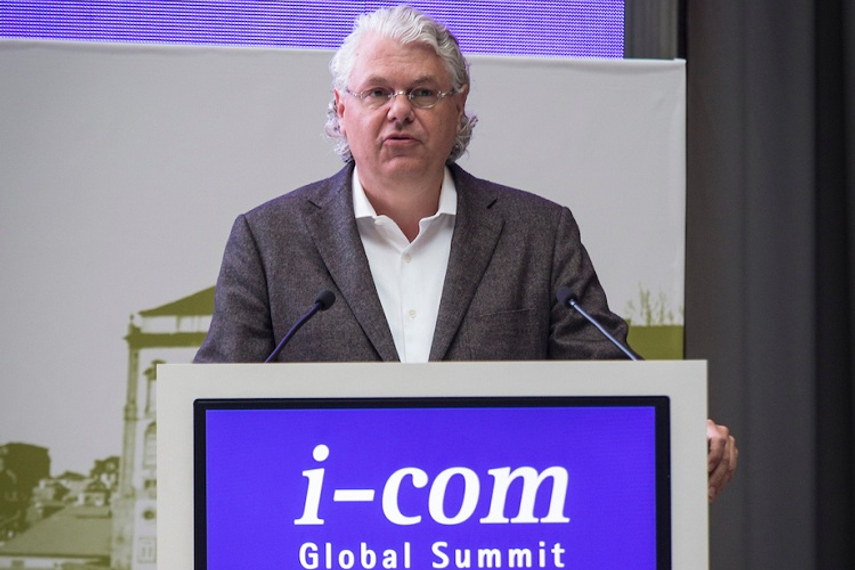
Please sign in or register
Existing users sign in here
Having trouble signing in?
Contact Customer Support at
[email protected]
or call+91 22 69489600
The chairman and founder, I-Com Global Summit in conversation with Campaign India on the sidelines of the data-marketing event that took place in Porto last month

Contact Customer Support at
[email protected]
or call+91 22 69489600
Top news, insights and analysis every weekday
Sign up for Campaign Bulletins
As consumers grow wary of polished ads and sponsored content, many are seeking out platforms where real users share unfiltered opinions. Knowledge-based communities and Q&A forums have quietly become part of the purchase journey, places where people look for honest takes before committing to a buy. A survey of Indian Quora users from August 2025 shows the platform is becoming a go-to resource for product research and buying decisions.
Research from Pulp Strategy warns that CMOs who disregard GEO risk relinquishing control of their brand narrative to algorithms indifferent to long-term strategy.
Why does Sex and the City still feel so iconic? The answer lies not just in the clothes or the cocktails, but in how the series reoriented the gaze.
The company responded quickly and repeatedly on its digital owned media properties and on social media. Will it be enough to quell discontent over the scale of the outage?